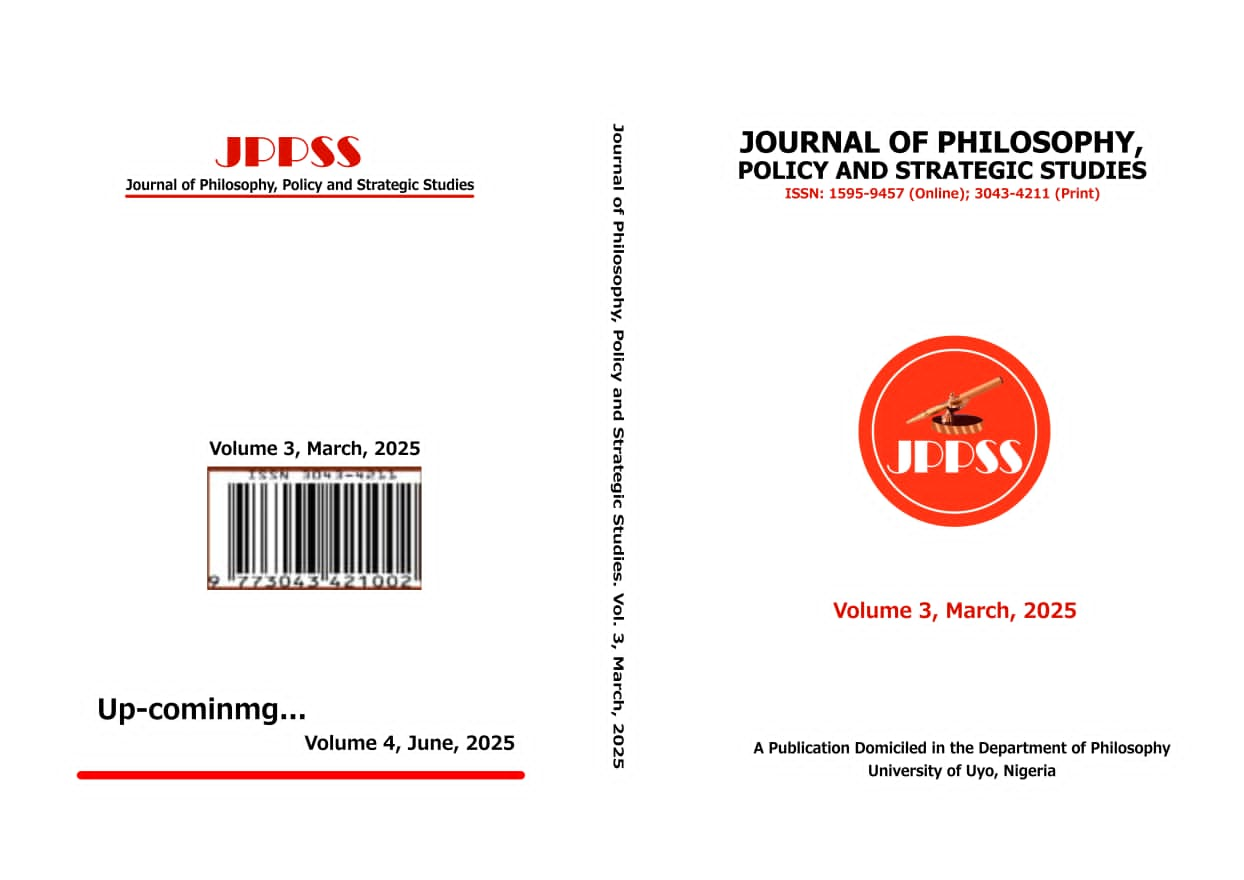HERBERT HART’S SECONDARY RULES AND THE NIGERIAN ELECTORAL PROCESS: A CRITIQUE
By
Paul Ogbonna Chukwu
&
Jetty Joe Odey
Department of Philosophy
University of Nigeria, Nsukka, Nigeria
Abstract
The Nigerian electoral process which is a symbol of democratic governance is perpetually under attack by controversies, anomalies, and charges of malpractice. This work critiques the procedural and substantive shortfalls of the electoral process of Nigeria using H. L. A. Hart’s theory of secondary rules in his The Concept of Law. Hart’s theory gives us a model of jurisprudence for countering the structural weaknesses and uncertainty in law that can undermine the credibility of elections, namely rules of recognition, change, and adjudication. This paper holds that in as much as the 1999 Constitution and the Electoral Act provide a foundation for legal authority and legitimacy in elections, deficiencies in the effective application of secondary rules contribute to systemic failure. For example, contradictory court rulings and biased enforcement of the law tend to undermine the rule of recognition, which undermines the legitimacy of election results. Likewise, ineffective mechanisms of dispute settlement in elections result in tardy justice, which, in turn, nourishes political instability. Also, archaic conventions of elections are perpetuated by legislative gridlock and opposition to reforms, which hamper norms of change. The effect of these shortcomings on the public confidence in democratic institutions for political accountability is also addressed in the paper. This work applies analytic method of philosophy and case law to show how weak secondary rules raise Nigeria’s difficulties when it comes to free, fair, and credible elections. This work argues that strengthening institutionalized frameworks and promoting a political culture that is committed to legal integrity and procedural fairness can ensure the development of Nigerian electoral jurisprudence. In addition, the sustainability of democracy in Nigeria rests on the creation of a robust electoral jurisprudence that promotes constitutional stability, political accountability, and public trust in the democratic system.


